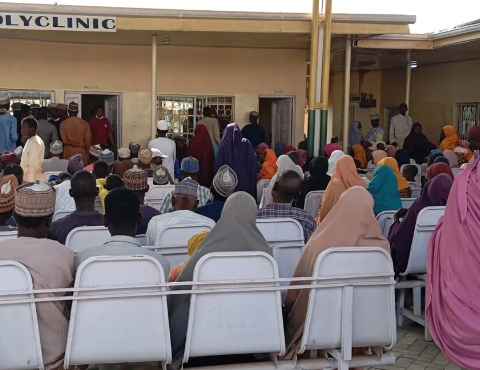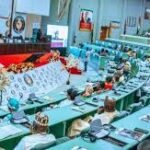The National Association of Resident Doctors (NARD) on Thursday commenced a five-day nationwide warning strike, disrupting services in major public hospitals across the country.
The action, according to the association, follows what it described as the government’s persistent failure to address lingering issues affecting the welfare of its members and the health sector.
In a communiqué issued after its emergency meeting, NARD said the strike became necessary after several ultimatums and dialogues with the authorities yielded no tangible result. Key demands include payment of outstanding salary arrears, upward review of hazard allowances, recruitment of more doctors to address manpower shortages, and immediate upgrade of dilapidated hospital infrastructure.
“Our members can no longer continue to work under poor conditions while risking their lives daily. The government has had enough time to act, yet the promises remain unfulfilled,” NARD President, Dr. [insert name], stated.
The strike has left many patients stranded in federal and state-owned hospitals, as only consultants and a few medical officers are on ground to attend to emergencies. Outpatient clinics in several tertiary institutions were also reported closed, with patients turned back or asked to reschedule their appointments.
Reacting to the development, the Federal Ministry of Health appealed to the doctors to return to work while assuring that the government was already working on addressing the issues raised. Officials, however, warned that prolonged strike actions could further cripple the already overstretched health system.
Civil society groups and health rights advocates have called for urgent dialogue between the government and the doctors to prevent escalation into an indefinite strike, which could worsen the plight of ordinary Nigerians seeking medical care.
The five-day warning strike is expected to end on Monday, but NARD has warned that failure to meet its demands could lead to a full-blown industrial action.



























